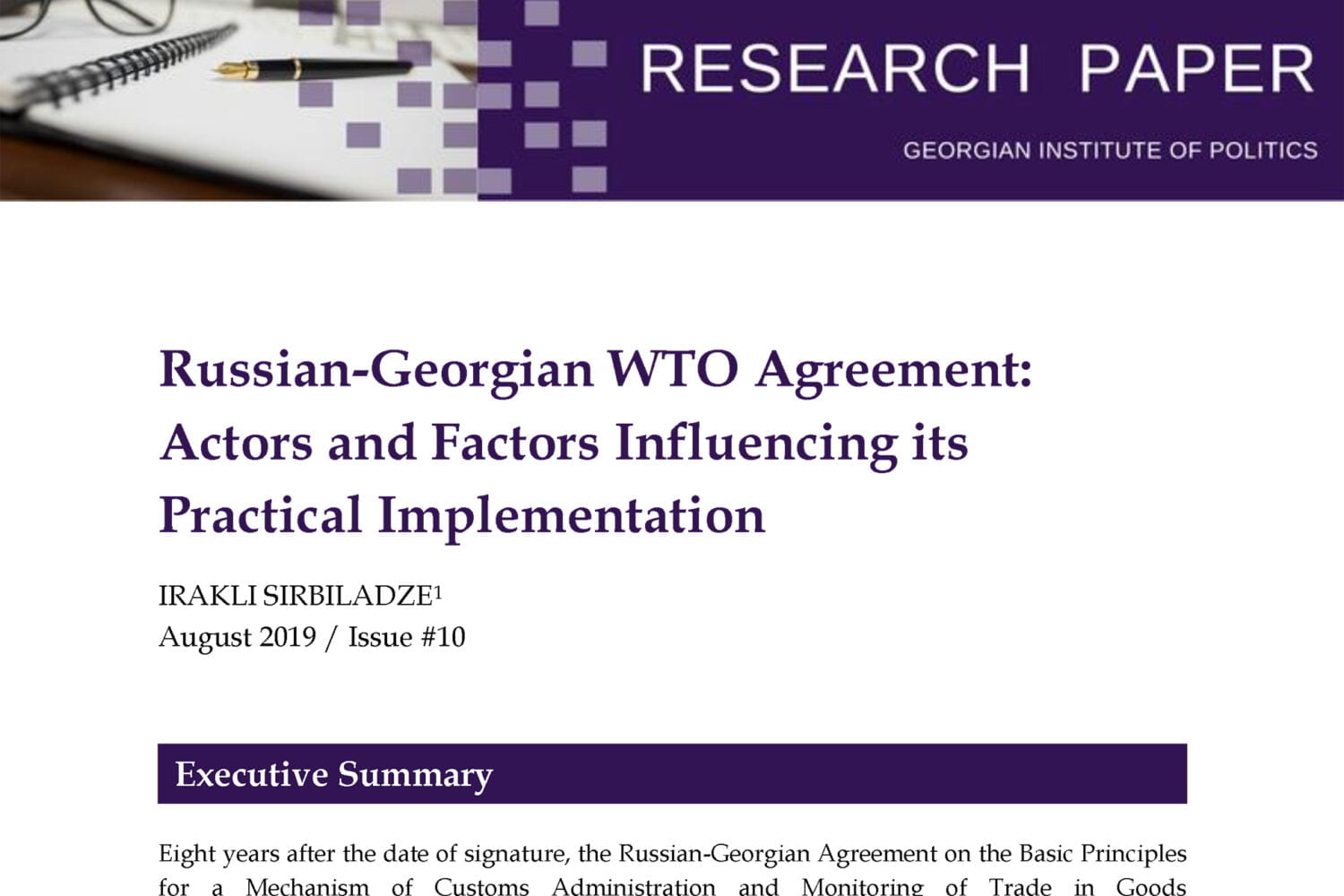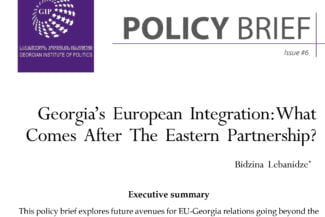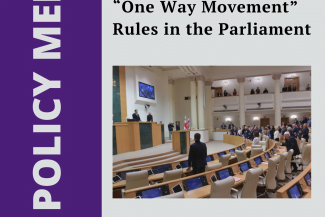29-08-2019
August 2019 / Issue #10
Eight years after the date of signature, the Russian-Georgian Agreement on the Basic Principles for a Mechanism of Customs Administration and Monitoring of Trade in Goods (hereinafter referred as the “Agreement”) remains on the books but lacks practical implementation. Both Georgia and Russia signed required separate contracts with neutral private companies in 2017 and 2018, respectively, bringing implementation of the Agreement to the next stage (but not necessarily the last).
The Agreement, which facilitated Russia’s entry into the WTO in 2011, was hailed by everyone involved, including Russia, Georgia and the international community at large. Despite this, practical implementation of the Agreement has proved a lengthy and difficult process. This is primarily due to the Agreement dealing with questions of sovereignty. Questions of sovereignty have largely trumped commitment on both sides to deepening trade relations, hence contributing to the delay in implementation.
The domestic political context in Georgia as well as Russia’s reluctance have also delayed the implementation of the Agreement. Initially, Georgia’s ruling Georgian Dream (GD) party did not see the merits of the Agreement after winning power in 2012. In the years since, disagreements with Russia on issues of sovereignty have deepened concerns about implementing the Agreement. For its part, Russia, with WTO membership already a mission accomplished, has not viewed implementation of the Agreement as a priority and accordingly has been reluctant to alter the current status quo arrangements.
Despite the factors hindering implementation, both parties acknowledge that the Agreement needs to be implemented, not least because of the presence of Switzerland as a mediator in the process and because of their own political and financial commitments to implementation of the Agreement. The first working group envisaged by the Agreement met in March 2019 to resolve remaining issues of contention before the international monitoring mechanism–a landmark achievement brought by the 2011 Agreement and designed to monitor trade between Georgia and Russia—becomes operational.
In case the parties reach a consensus and the Agreement is implemented, regional trade and economic relations will benefit, although the Agreement does not include obligations on opening new transit routes connecting the South Caucasus to Russia and vice versa. The trade corridors envisaged by the Agreement could, however, become the basis for new economic arrangements and pave the way to stronger economic and people-to-people connectivity in the region. For this to happen, however, the remaining questions of sovereignty and status must be settled.
*Irakli Sirbiladze is a Policy Analyst at the Georgian Institute of Politics (GIP).
**The views and opinions expressed in this article are the author’s alone and do not necessarily reflect the views of the Georgian Institute of Politics.









